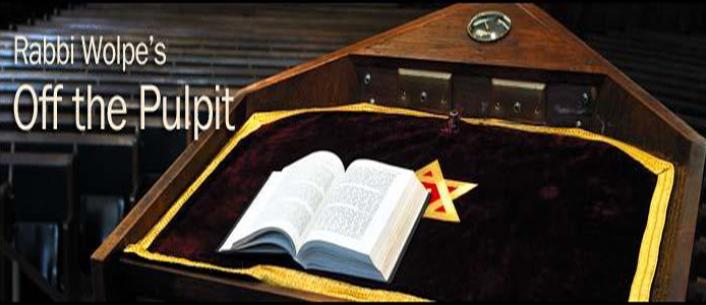- Home
- Play & Learn Home
- Online Enrichment
- Experience Modern Israel
- Israel It's Complicated
- Jewish and Me
- Jewish Holidays Jewish Values
- Jewish Values in Genesis and Jewish Values in Exodus
- Min Ha’aretz
- Our Place in the Universe
- Simply Seder
- The Prophets: Speaking Out for Justice
- Making T'filah Meaningful
- Make, Create, Celebrate
- Yom Haatzmaut Resources
- Hebrew Apps
- About The OLC
- What is the OLC?
- Introduction
- Get Started
- Resources
- OLC Content
- Parent Materials
- See My OLC Classes
- Store
Wise is Not So Simple
Written by Behrman House Staff, 07 of April, 2014
By Rabbi David Wolpe
Israeli philosopher Eliezer Schweid remarks that the wise child at the seder is really a combination of the wicked and the simple child. The wicked child asks questions in a sneering and dismissive manner. The simple child asks in a naive and trusting manner. To be critical and yet trust is the essence of wisdom.
When a scientist asks a question of nature, he knows that there is an answer, although nature might or might not yield its secret. When a scholar asks a question of a book or painting, he presumes there is an answer, although he may not possess sufficient gifts to discover it. When we read the Hagaddah, we know there are answers. Such is the trust of the simple child. But answers are the reward for rigor, for analysis, for the refusal to simply let things be.
We might extend Schweid’s insight to say that the wise one combines all three of the other children. For in addition to the wise, wicked and simple child is one who does not even know how to ask. Surely wonder — the simple, inexpressible wonder before the marvel of existence, the wonder that cannot even ask — is essential to true wisdom. To be wise we must claim all the parts of ourselves — simple, wicked, naive, sophisticated, overwhelmed and filled with wonder.
This article is a reprint from Rabbi Wolpe's 'Off the Pulpit' column, essays that bring Judaism and its wisdom to daily life. You can find more essays from Rabbi Wolpe in our Resource Libraries.

